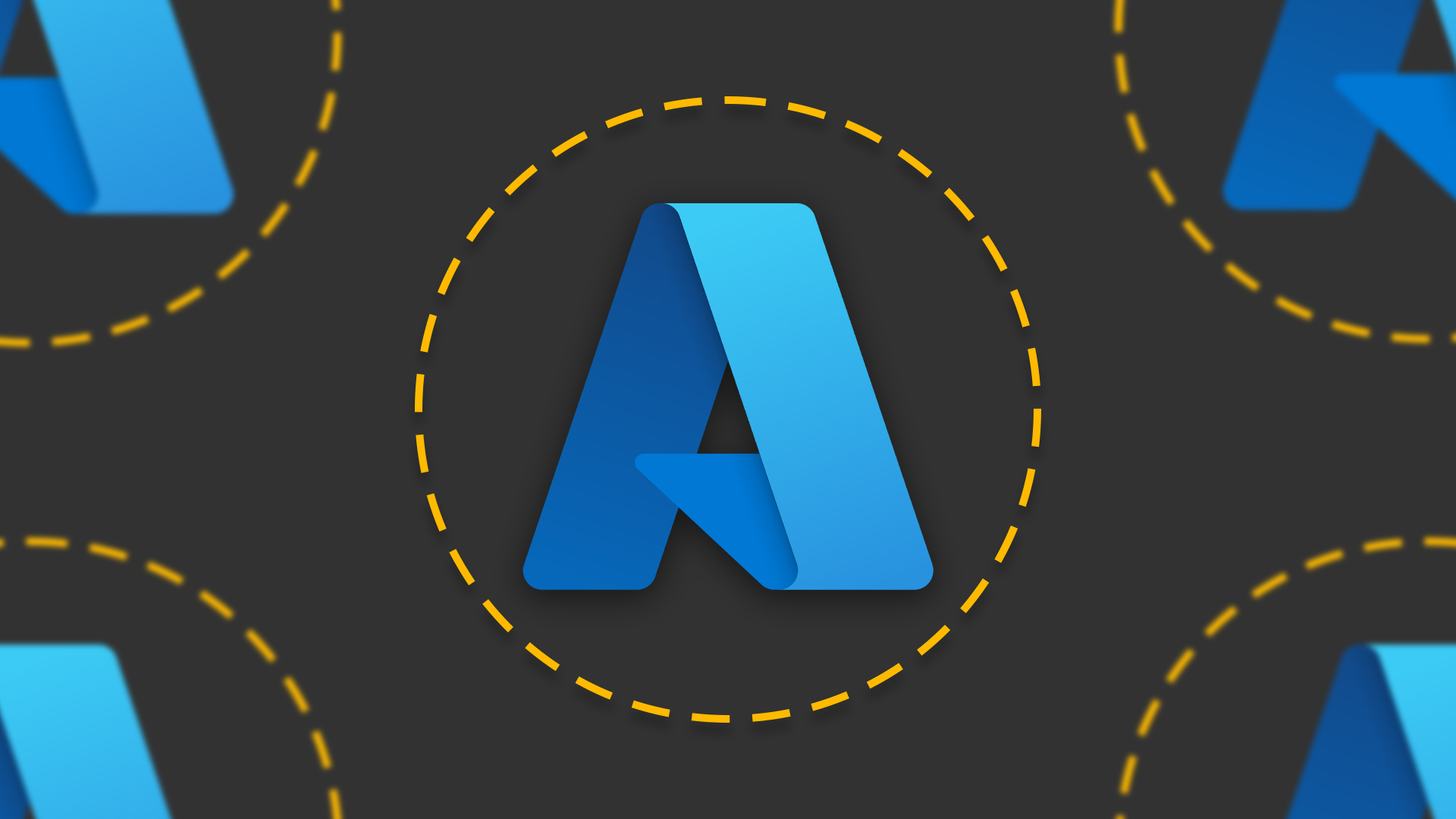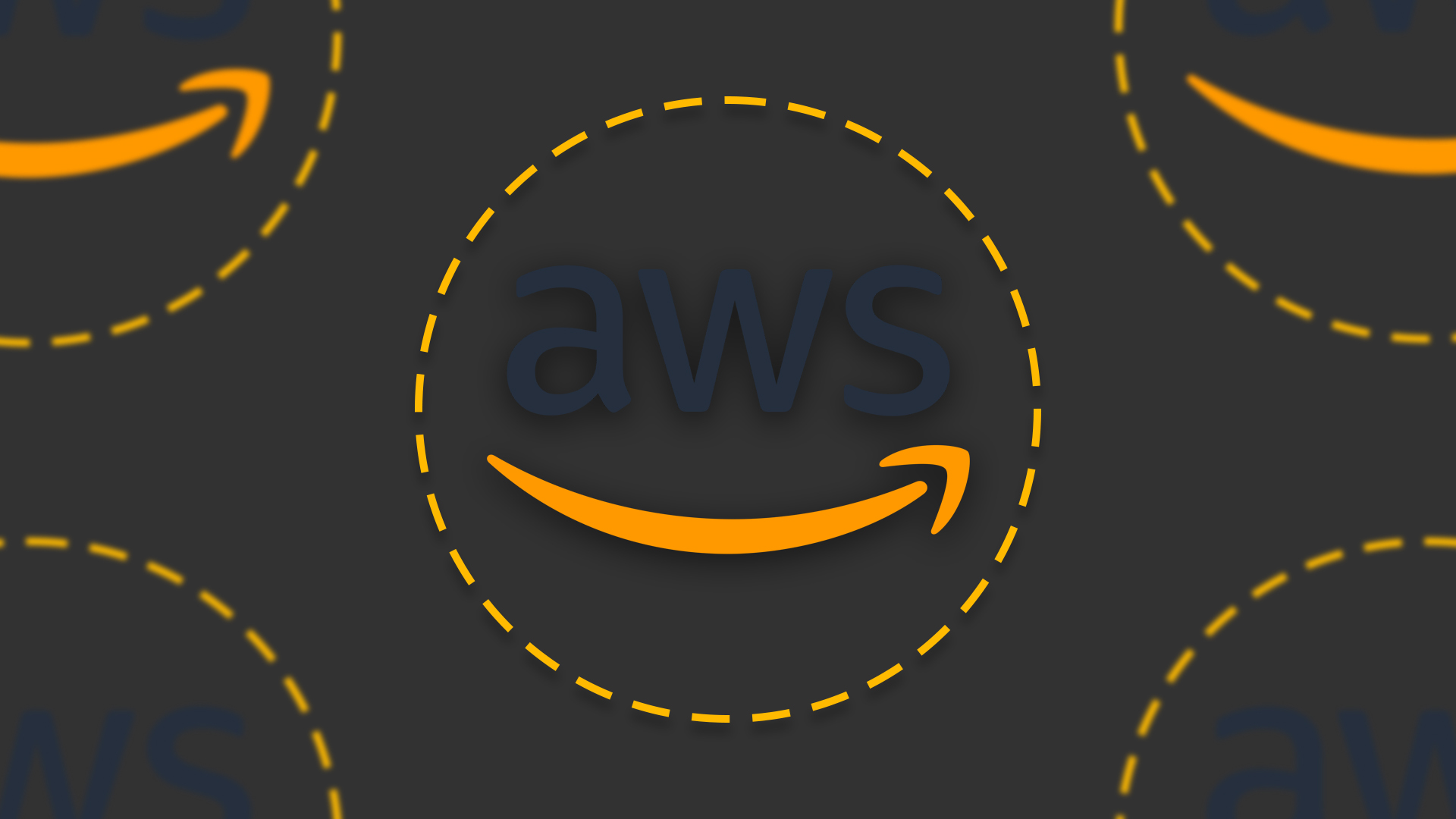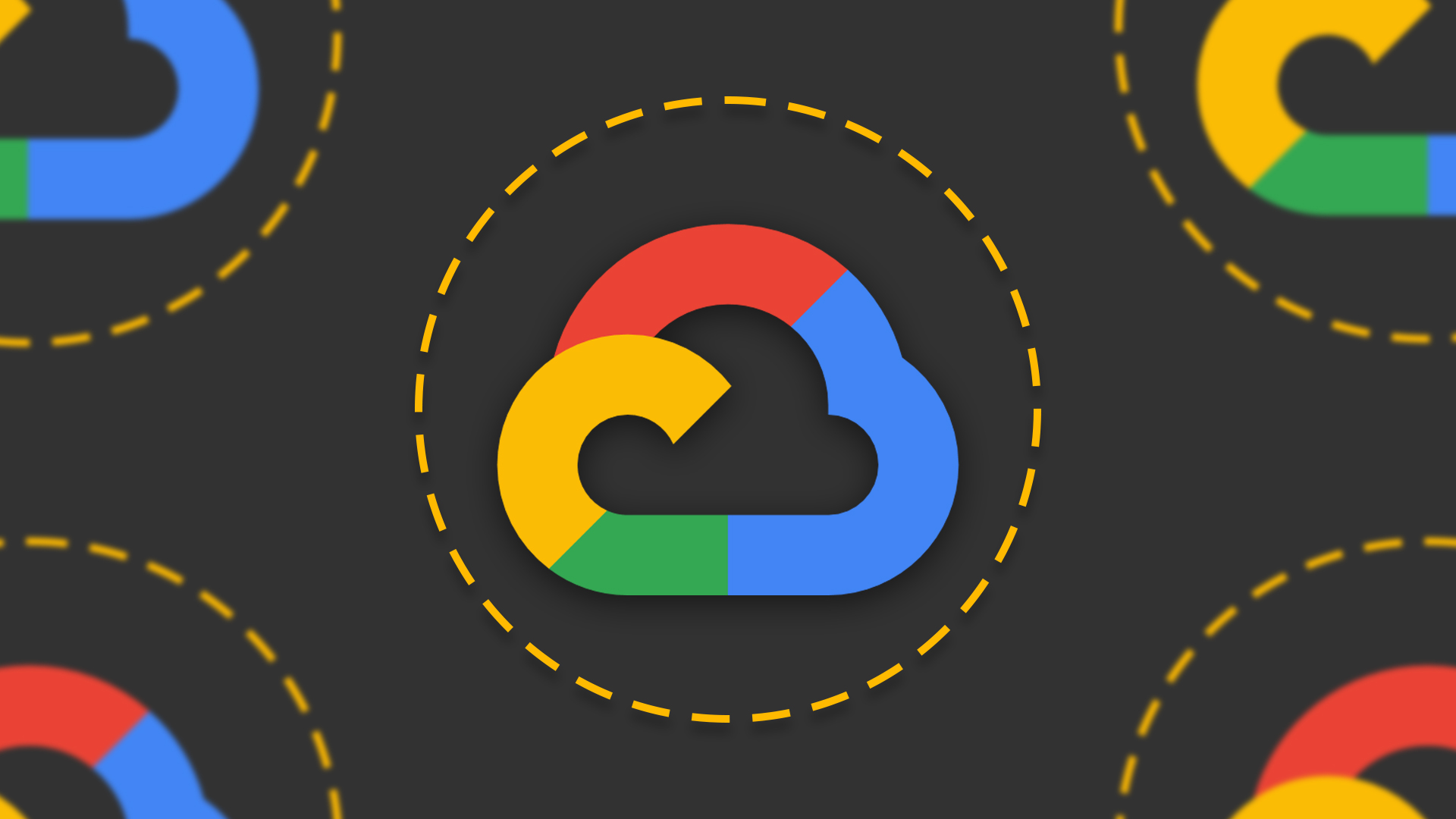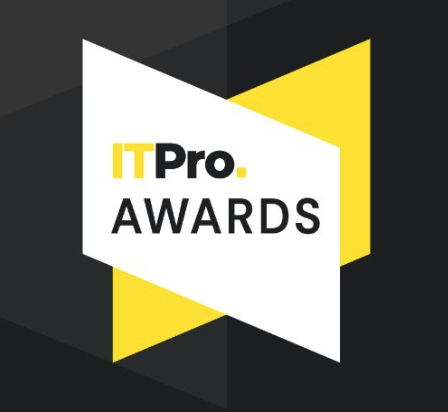Best cloud computing services
Discover the best virtual IT infrastructure solutions for digital transformation

Sign up today and you will receive a free copy of our Future Focus 2025 report - the leading guidance on AI, cybersecurity and other IT challenges as per 700+ senior executives
You are now subscribed
Your newsletter sign-up was successful
Enterprise computing lives in the cloud now, but renting long-term space on other people's computers has arguably never been more complicated. There are plenty of options, from virtual machines that you simply deploy your own OS and appliance images on, to fully managed services with specialist hardware and dedicated ingress and egress routes to ensure that your virtual devices can communicate efficiently with one another without unexpected extra costs.
Choosing a cloud services provider is a major business decision because once you've established your virtual infrastructure, migrating out to another service will be a time-consuming and very costly project.
There's a lot to weigh up before committing to a specific provider, and migration to the cloud needs to be a carefully managed project, with stakeholders including your system administration and security team, finance, and developers - internal end users may also be important to include in at least part of your deliberations, to ensure that your proposed cloud-based systems are fit for purpose.
Your system administrations should be familiar with the platform you choose - generous free trial options are available from all the providers we've mentioned here, which means that test deployments can be carried out to establish the suitability of your proposed service.
Key points to consider
- Your current and ongoing budget
- How much expansion you're likely to see
- How much data will be going in and out of your cloud-based virtual network - note the data egress fees of services you're interested in
- Whether virtual PCs will be required - these are typically among the most expensive office-oriented services
Whether cloud services are suitable for your business, or whether you require the potential security and uptime benefits of running your network and servers on physical hardware that you control, whether that's bare metal or your own virtual machine hypervisor. Whether your security and administration team is equipped to secure potentially public-facing cloud services such as databases and virtual networks?
The best cloud computing services
1. Microsoft Azure

Microsoft's service is your best choice for migrating a fully or predominately Windows-based network to the cloud
Reasons to buy
- Excellent interface, built for consistency with other Microsoft products
- Very competitive pricing for both Windows and non-Windows virtual machines and services
Reasons to avoid
- None to speak of
One of the strongest points in favor of Azure is its interface, which follows the long-standing conventions of other Microsoft administration interfaces so as to feel familiar to experienced Windows sysadmins. It's also sufficiently clearly designed that administrators from other backgrounds shouldn't have any trouble parsing it.
Microsoft genuinely cares about making Azure easy to use, and we've welcomed improvements such as prompts to delete storage when a virtual machine is deleting, which helps you avoid unpleasant surprises on your bills. Azure's convenience features in this regard currently come in a little ahead of those of key rival AWS.
Azure is obviously the first choice for systems administrators looking to move primarily Microsoft-based infrastructure into the cloud, and integrates beautifully with other Microsoft services such as Microsoft 365 and InTune. But perhaps more of a surprise is that it's also one of the most cost-effective and feature-rich choices among large service providers for OS-agnostic cloud hosting, such as for your Linux virtual machines.
2. Amazon Web Services

The global cloud services leader's vast capabilities easily justify the time required to learn your way around it
Reasons to buy
- The industry leader with a proven track records
- Vast range of services
Reasons to avoid
- Management interface is complicated compared to almost all rivals
- Calculating and monitoring costs can be extremely complex
Amazon Web Services (AWS) powers enterprise and infrastructure-grade cloud services around the world, from big data crunching to nation-state level databases, as well as catering to businesses of all sizes, including yours. AWS's dedicated service list includes almost anything you imagine, from LLM deployments to full enterprise infrastructure migration aimed at global megacorporations.
SMBs can also benefit from moving their office network to AWS. You can of course create virtual networks, virtual servers, and VPN gateways to provide a full remote working friendly network infrastructure. AWS's cost-effective cold and glacier storage tiers make it an especially good choice for businesses that deal with large amounts of data that will later have to be archived.
AWS' web-based interfaces can take a lot of getting used to and may seem intimidating at first, particularly if you're migrating from the more orderly worlds of Microsoft or even Google Cloud Platform. However, there is internal consistency here that can be learned and an entire range of qualifications that your staff can take if you wish to fast-track them to broader experience in AWS as a platform.
3. Google Cloud Platform

Best known for AI tensors, Google's Cloud is just as suitable for your business infrastructure
Reasons to buy
- Genuinely pleasant user interface with great internet search
- Very clear pricing
- Excellent range of specialist services, especially for machine learning
Reasons to avoid
- More expensive than its rivals
Google Cloud Platform is more associated with DevOps platforms and tensors for machine learning than virtual office infrastructure, but it's easily up to the task of hosting your office network, from servers to routers and VPNs. It's a particularly good choice if your business already uses Google Workspace and its API to manage integrations.
RELATED WHITEPAPER

However, it's not a great choice for Microsoft shops looking to migrate to cloud-based infrastructure and is also more expensive than Azure if you have predominantly Linux-based systems. To its credit, Google is very clear about its pricing and billing, and if you're after less mainstream services, particularly in the machine learning space, its mature and extensive range of choices becomes significantly better value.
Google Cloud Platform has one of our favorite web-based user interfaces for deploying, managing, and searching for your cloud devices, is where Kubernetes clustered container deployment platform started out, and has a particularly good range of machine learning-oriented tools including Cloud Tensor Processing Unit systems and Google Colab notebooks (a shared documentation and code execution environment similar to Jupyter Notebooks).
Sign up today and you will receive a free copy of our Future Focus 2025 report - the leading guidance on AI, cybersecurity and other IT challenges as per 700+ senior executives
-
 ITPro Excellence Awards winners unveiled
ITPro Excellence Awards winners unveiledIt's time to celebrate excellence in IT. Read on for the full list of winners...
-
 This new mobile compromise toolkit enables spyware, surveillance, and data theft
This new mobile compromise toolkit enables spyware, surveillance, and data theftNews The professional package allows even unsophisticated attackers to take full control of devices